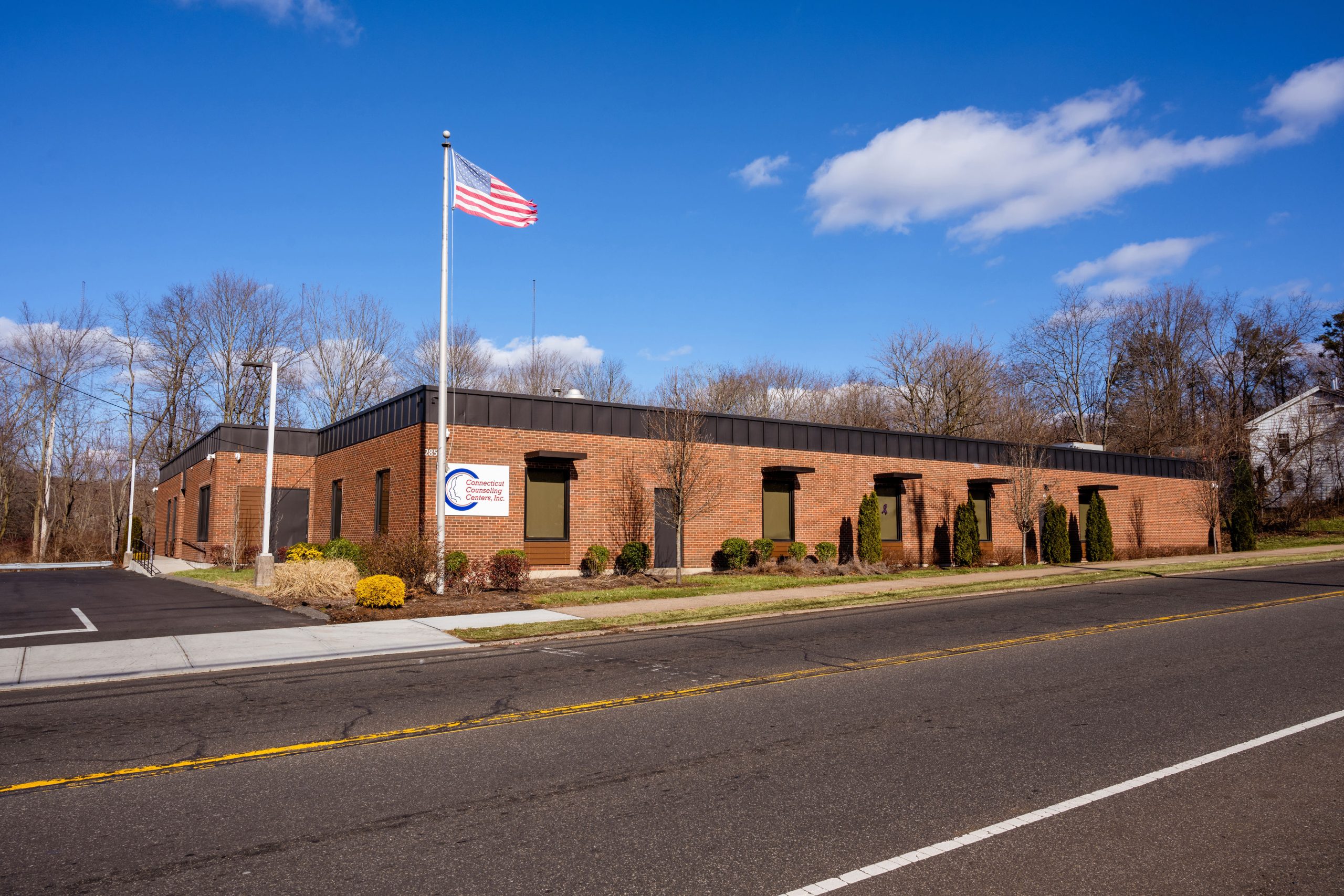Connecticut, like most states, has been experiencing a significant increase in accidental opioid overdose deaths. In Connecticut, there have been 1378 drug overdose fatalities in 2020, a 14.6% increase over the previous year. The data for 2021 is not yet finalized but is on track to exceed 2020 with 1,508 overdose deaths confirmed to date. Many of these overdose deaths involved the synthetic opioid, fentanyl, which is many times more powerful than heroin. In 2020 and 2021, 85% of overdose deaths involved fentanyl.
Although a relatively small state, there are still areas in Connecticut that do not have local access to methadone treatment, one of the most effective treatments for opioid use disorders and often the treatment of choice for fentanyl dependence. The town of Meriden, Connecticut has been disproportionately impacted by the opioid epidemic and during the last three years has at times experienced one of the highest per capita overdose rates in the state (CT Office of the Chief Medical Examiner). Historically, the residents of Meriden and the surrounding towns had to travel a significant distance to access an Opioid Treatment Program as there was no local methadone treatment services. This created a significant barrier to this life saving treatment. Connecticut Counseling Centers, Inc., responded by opening the first Opioid Treatment Program in the greater Meriden area. Connecticut Counseling Centers, Inc. is a community based non-profit behavioral healthcare provider that operates four other Opioid Treatment Programs in the state. Located next to the local hospital, Mid-state medical Center, the Meriden clinic provides state of the art evidence based treatment for opioid dependence including both methadone and buprenorphine treatment services in addition to mental health treatment services and specific treatment tracks for co-occurring disorders.
The response from the community has been extremely positive. Patients at the new treatment center report that having local access to methadone treatment services has made access to medication and their recovery much more manageable. One patient’s comments is typical of the feedback the new clinic has received. He stated that “in the past I would have to travel up north or down to New Haven for medication. It didn’t work very well, especially if I didn’t have a ride. It’s hard to keep a job when you spend so much time getting to the clinic. Having a program in my town is a game changer for me”.
Connecticut Counseling Centers, Inc. has been on the front lines treating opioid addiction since its inception in 1984 and operates similar medication assisted treatment facilities in Waterbury, Danbury, and Norwalk which serves over 2400 patients annually from 67 Connecticut cities and towns.
